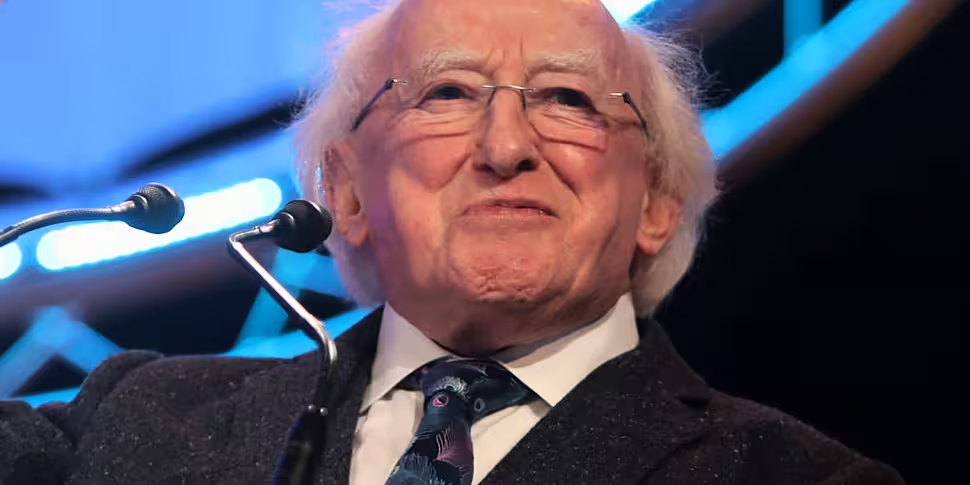President Michael D Higgins has paid tribute to the radio industry as Thursday marks World Radio Day.
The day was adopted by member states of the United Nations cultural body, UNESCO, in 2012.
UNESCO says: "Radio is a powerful medium for celebrating humanity in all its diversity and constitutes a platform for democratic discourse.
"At the global level, radio remains the most widely-consumed medium.
"This unique ability to reach out the widest audience means radio can shape a society's experience of diversity, stand as an arena for all voices to speak out, be represented and heard.
"Radio stations should serve diverse communities, offering a wide variety of programs, viewpoints and content, and reflect the diversity of audiences in their organisations and operations."
President Higgins says: "While radio technology is well over a century old, radio broadcasts remain one of the most popular and effective ways for exchanging information, providing social interaction, and promoting the knowledge and values necessary for cohesive societies.
"Our local, regional and national radio stations offer us crucial information about our lives together, provide access to information and analysis of our society, and offer a platform, too, for a great, and welcome, diversity of opinions and views.
"So today, on World Radio Day, let us celebrate the power and beauty of the spoken word, and pay tribute to the valuable technology radio is in empowering all of our citizens.
"Radio has the capacity to bring communities together and, in doing so, fostering the positive dialogue that makes of our society one worth achieving."
Figures show there are about 44,000 radio stations worldwide.
Along with radios, mobile phones are one of the most accessible forms of technology - covering over 70% of the world's population.
AM/FM radio counts for 86% of the total time adults aged 25-54 spend listening to three main audio platforms.
Adults listen to eight-times more AM/FM radio than satellite radio and 17-times more than internet audio streaming.
While at least 75% of households in developing countries having access to a radio.









